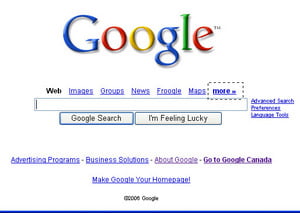For many students, the only way to pay for college is through student loans. I certainly could not have attended college without them. At the beginning of the repayment period, the ten years of repayment that I was facing seemed insurmountable. But, I paid mine off, and even a little bit early through diligence and planning. Maybe I can help you pay yours off by telling you how I tackled my student loan debt.
The first steps that I took towards keeping my loan under control began while I was still working towards my degree. I took the maximum amount of work-study funding that I could to try and keep my loan amounts small, and I only took the minimum I needed. While in my final semester before graduation, I had to take my first unsubsidized Stafford loan. Subsidized loans do not accrue interest while you are a full-time student. Unsubsidized loans, on the other hand, do accrue interest while you are in school. You can find out more details on this difference at staffordloan.com . So, as soon as I received my unsubsidized loan, I called the company that administered the loan (in my case, Great Lakes Higher Education Corporation) and made arrangements to pay the interest on the loan each month. It was a small amount, less than twenty dollars per month, but it meant that interest was not being added to the principal of the loan.
The repayment period on student loans does not begin until six months after schooling has been completed. Since I was fortunate enough to have a job after graduation, I began making small payment on my loans immediately rather than waiting the six months. This act, combined with paying the interest while I was in school, helped to reduce the official amount of the loan.
For the first several years of my student loan, I also had a car loan and credit card debt. Rather than focus on the student loan with its lower interest rate, I concentrated my extra payments on my credit card debt. Student loan interest is tax deductible which, especially in the first years when the majority of the payments are interest, can help create a large tax refund, which can be poured back into paying off debt. Do not make the mistake of consolidating a student loan with other higher interest loans. The tax deduction would be lost, and student loans carry some of the lowest interest rates out there.
Once my other loans were paid off, I focused on making student loan payments larger than the required amount. Unlike most other loans, extra payment amounts are not applied towards principle, but simply advance the next payment. These extra payments can mean paying off the loan early, and my extra payments accumulated by the end into being paid in full six months ahead of schedule.
The ten years of a student loan can seem like an eternity at the beginning, but once it’s finally paid off, you will feel proud to have your degree entirely paid for. I, for one, was thrilled when I got the letter in the mail telling me my loan had been paid in full.
Sources:
“What’s the difference between subsidized and unsubsidized loans? staffordloan.com


